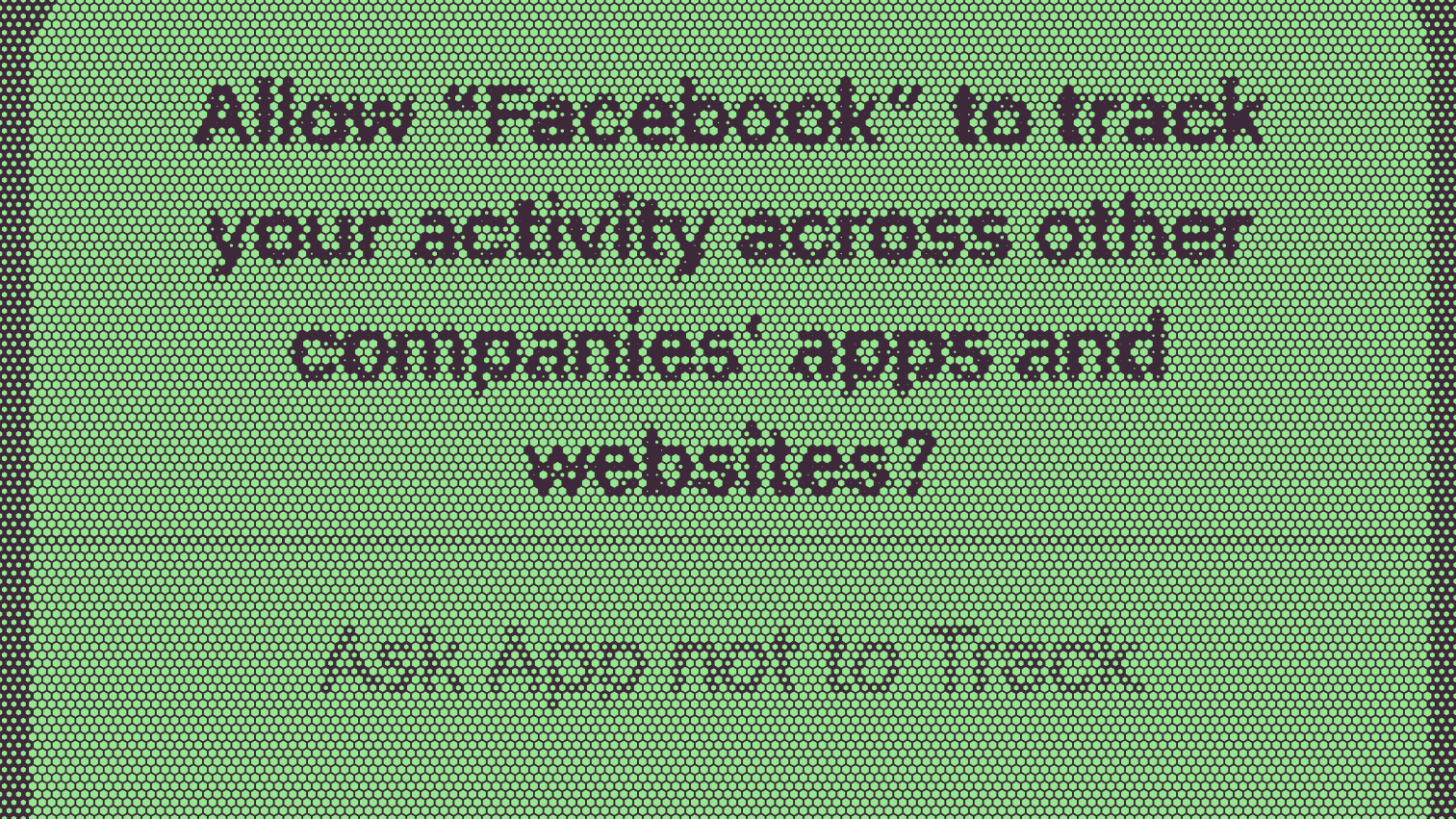What we've been suspecting all along has now been proven correct: Apple's app anti-tracking feature in iOS does precisely nothing to effectively protect your privacy. In fact, it makes things worse. And Apple probably knew this was the case, too.
Modern Solution created a software platform that is so ass-backwards and treats customer data so casually, it's almost criminally negligent. Instead of fessing up to how bad they are as a company, they now want to get a security researcher in jail.
What are the new features Apple is implementing in iOS 15 that have privacy and security people all up in arms? And why none of this should come a surprise to anyone who's actually paid some attention and is thinking for themselves instead of just buying the company propaganda.
Third-party cookies are on the way out and Google says it has found a privacy preserving way of replacing them, using a technology called Federated Learning of Cohorts. Is such a thing even possible? And what are the potential problems we, as web users, are facing here?
Why does medical data not belong to the patients? What does that do to science and hospital care? Plus: Why Visa cancelled their bid to buy the fintech startup Plaid.
A new privacy law is being voted on next month in California. It might change the way internet privacy is dealt with in all of the US, maybe even around the world. Plus: Do Not Track is back. Maybe, this time around, it will actually work.
A discussion on what's going on with privacy laws in the US and in post-Brexit Britain and a look at Amazon's latest push to spy on our living rooms.
The European Court of Justice has declared that the current measures for the exchange of private data between the EU and the US do not satisfy the data protection rights of EU citizens and are therefore illegal.
German police has started using coronavirus tracing lists from restaurants for criminal investigations. A look at the limits of the GDPR and other data protection regulations in the face of what everyone alleges is an overriding health crisis.
Google is moving the data of its UK users over to US servers, evidently to remove it from the jurisdiction of the EU's data protection laws. Is this actually the case? And what does that mean, in concrete terms, for Google users in the UK? Does the GDPR still apply?









